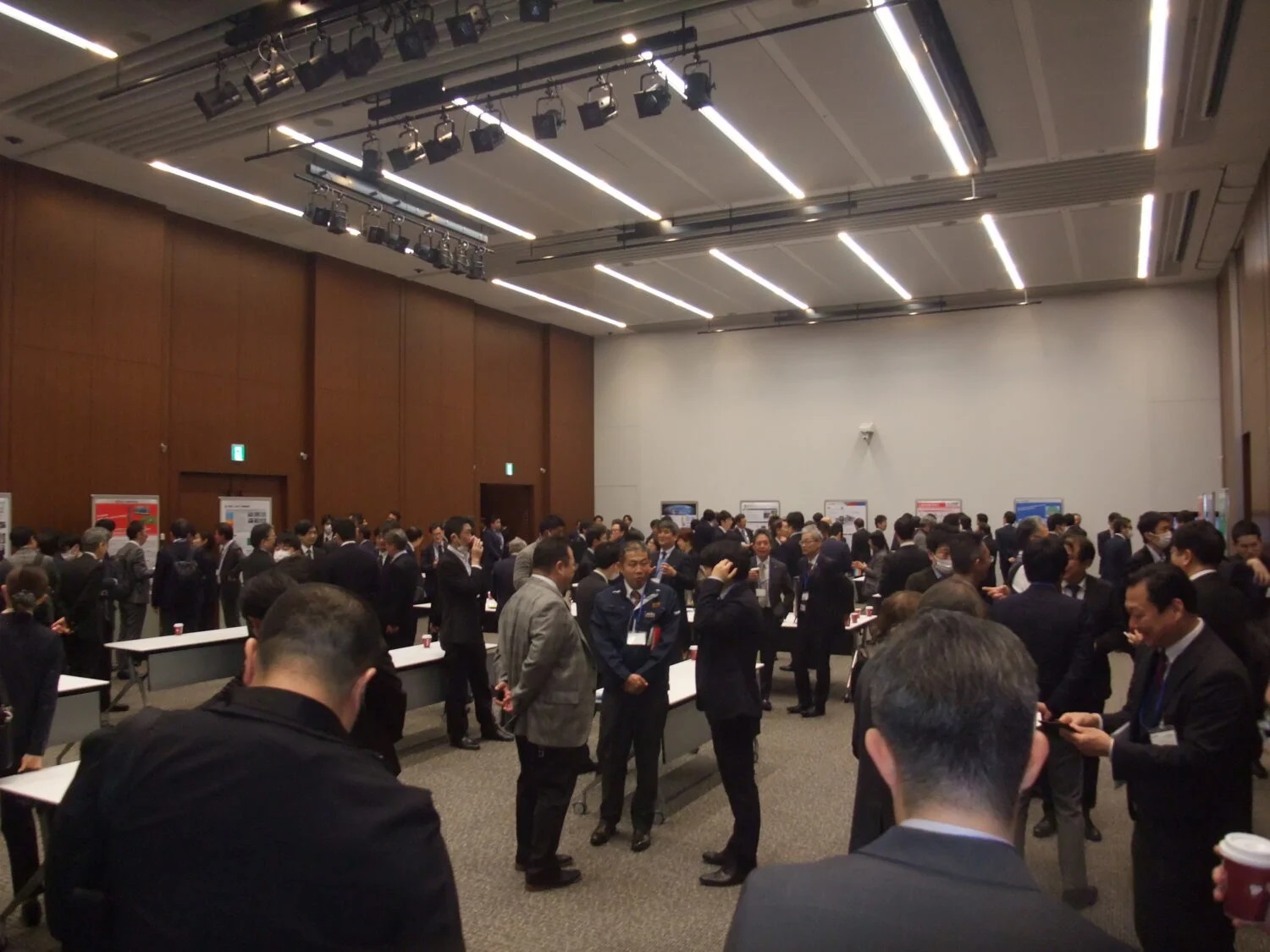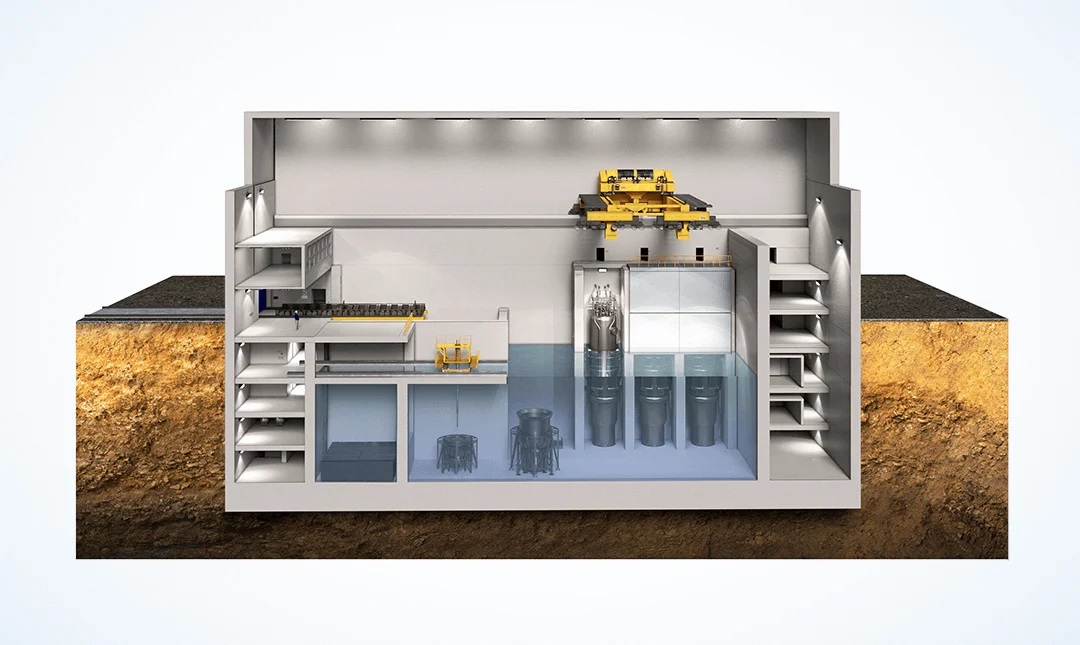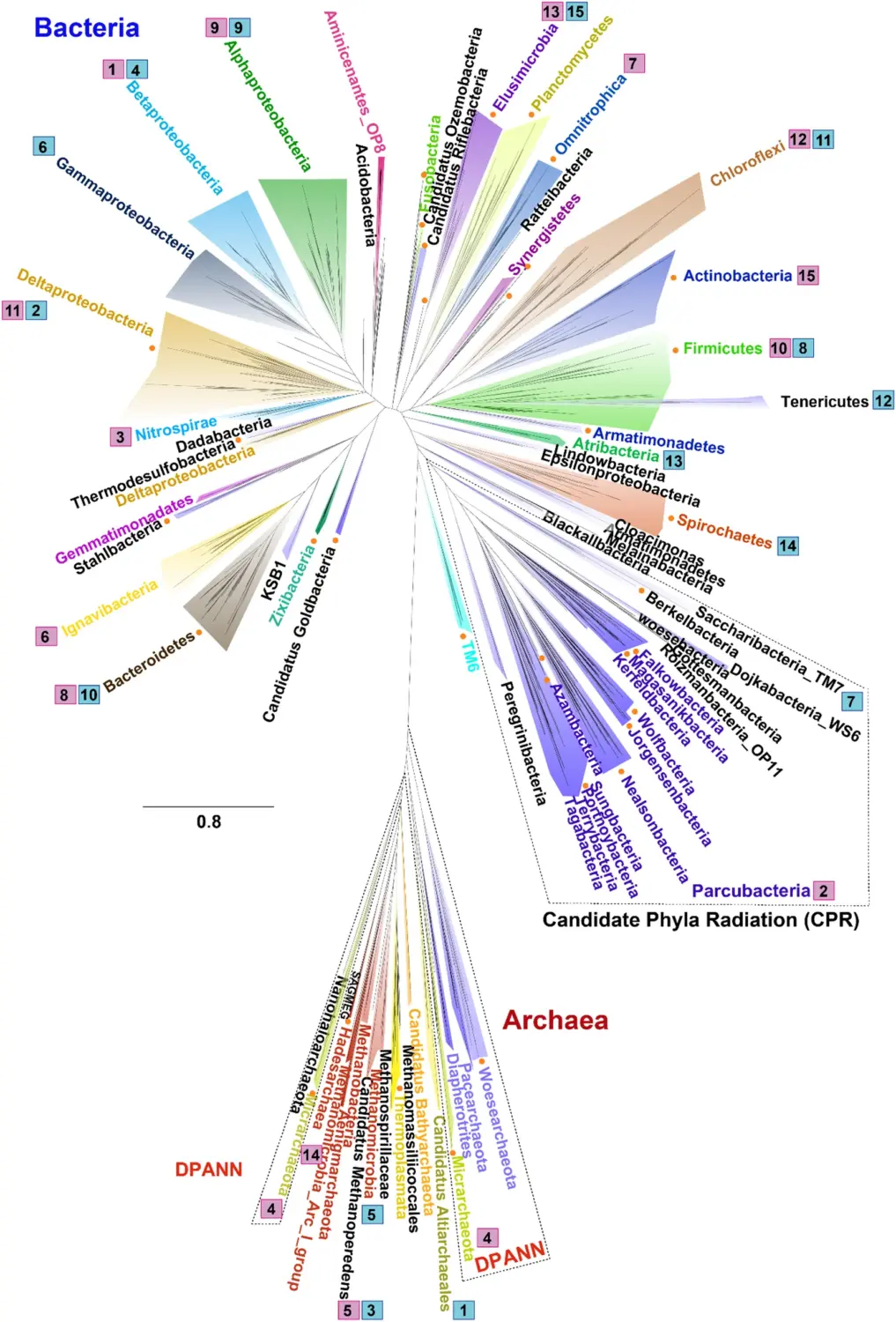On that day, Prime Minister KISHIDA Fumio traveled to Fukushima Prefecture, visiting the Onahama Fish Market in Iwaki City, meeting with people at the Fukushima Federation of Fishery Cooperatives, and extolling Joban Mono, local fishery products from the Joban area. Noting the continuing suspensions of imports by some countries due to the offshore release of the ALPS-treated water, he reiterated that there was “no scientific evidence” to support those prohibitions and called them “very regrettable.”
In such circumstances, the Mitsubishi Research Institute (MRI) published an online comment on August 22 concerning the offshore release of the ALPS-treated water. It first summarized and presented the reactions of various countries and territories immediately before and after the water started to be released. It also emphasized that the water release was “just in its initial phase,” given that decommissioning at Fukushima Daiichi would span many more years.
In its online comment, the MRI also suggested that the process be regularly revised for improvement. Additionally, it noted the importance of continuing to battle reputational damage caused by unfounded fears and rumors, and of maintaining sound risk management until the end.
MRI’s comments appeared in an online column entitled “Nuclear Energy in the Age of Carbon Neutrality,” published by its Social Infrastructure Division periodically to stimulate online discussions of nuclear power issues.
The column praised the activities being carried out continuously at the government’s initiative, including the following:
- Events by relevant ministries and agencies to promote local products in the Sanriku and Joban areas.
- Explanatory meetings for the diplomatic corps in Japan.
- Dissemination of information through banner advertisements.
- Descriptive video images.
Referring also to the results of the FY23 survey on nuclear energy conducted by the Japan Atomic Energy Relations Organization (JAERO), as well as to the contents of the 2023 White Paper on Nuclear Energy, MRI agreed in its comment that “the safety of the ALPS-treated water has been well received by the public to a certain extent.”
MRI then returned to the importance of doing such things as reducing the number of tanks storing treated water so as to proceed more expeditiously toward the complete decommissioning of the site. It cited simulations of the release of the water through FY51, describing two scenarios: one involving more tritium, and the other less. It also stressed the importance of considering an increase in the volume of the ALPS-treated water released to the sea, so as to minimize the risks of storage on land.
The comment concluded by saying, “In light of the currently expected 30-year period for the release of the water, the last 12 months were merely the initial phase. It will be necessary to continued unbiased efforts and responses from now on.”
It added that it was generally understand that no matter the technology, “it is unrealistic to expect that all equipment will work perfectly, without a hitch, for 30 years in a row.” It then urged that “measures be thoroughly implemented to prevent problems,” along with “prompt, appropriate countermeasures when problems occur.”





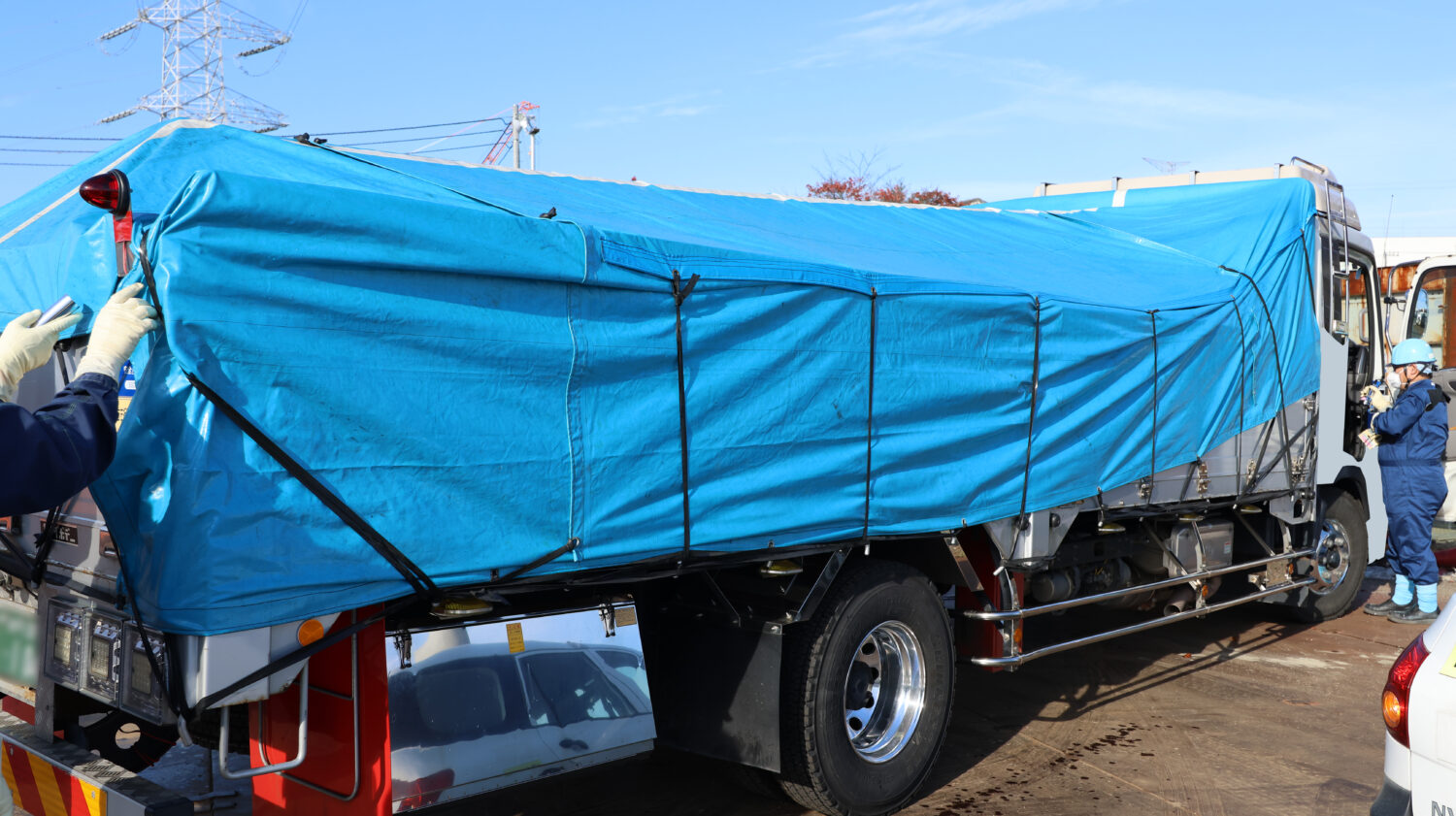
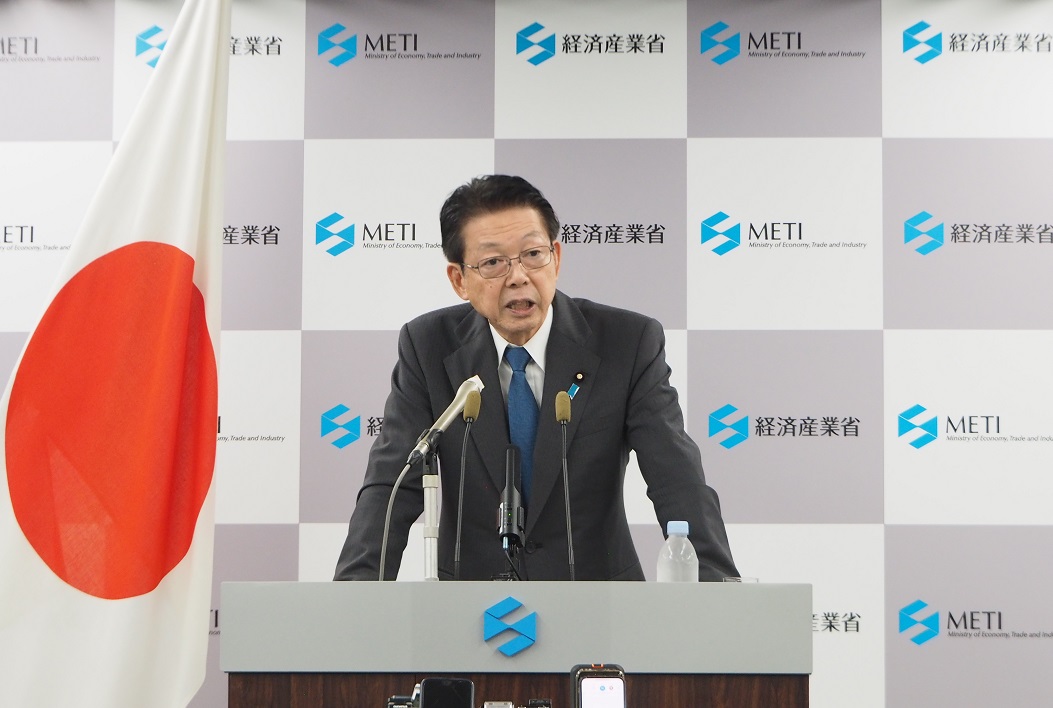
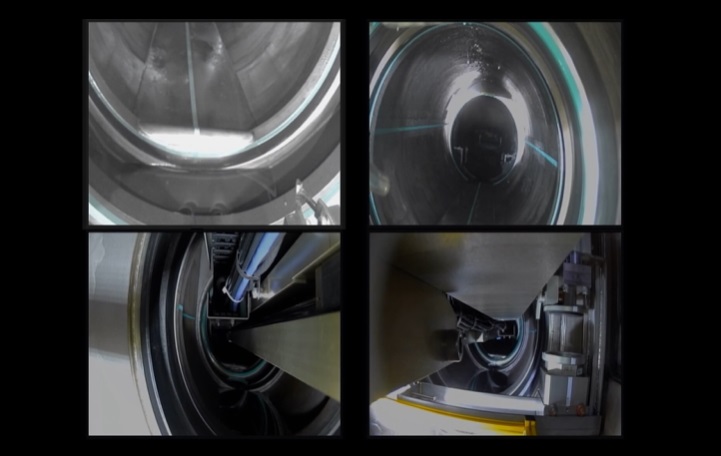
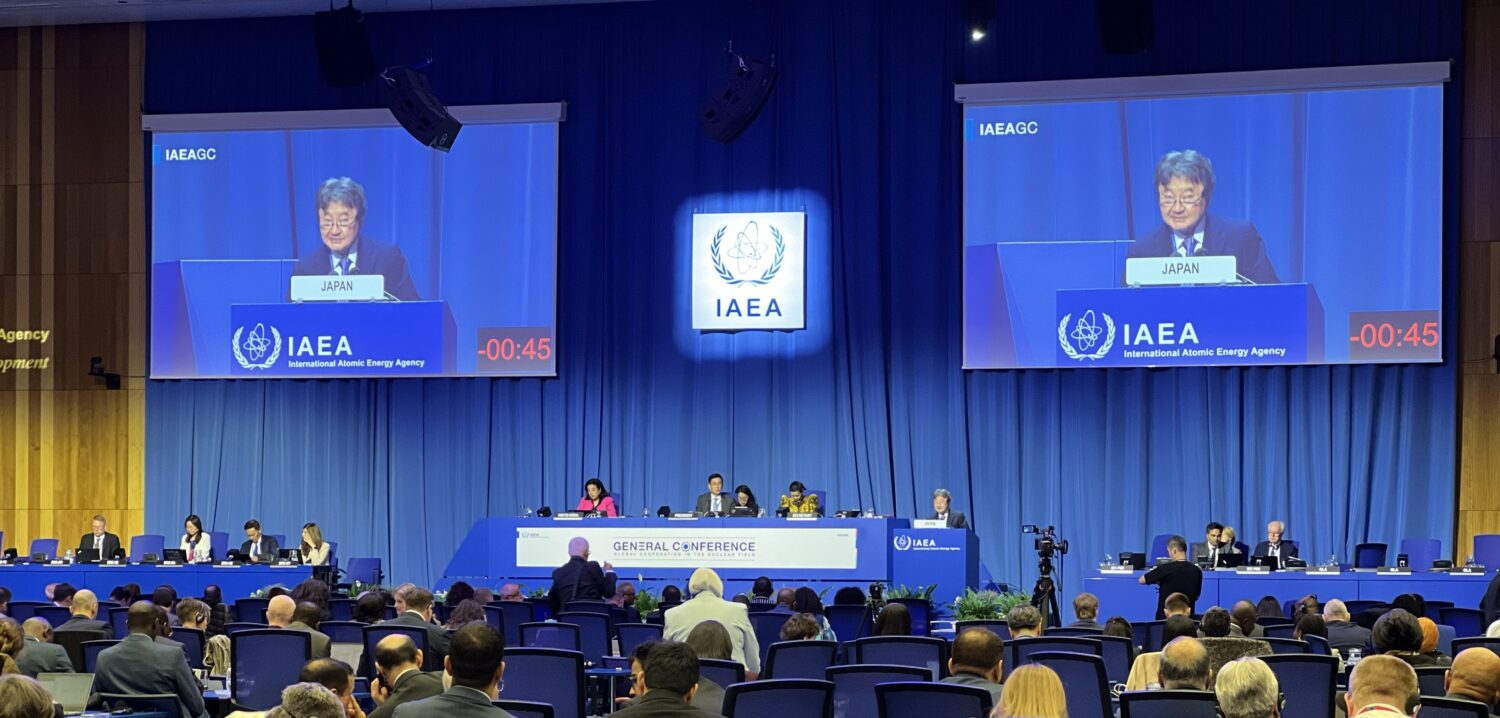
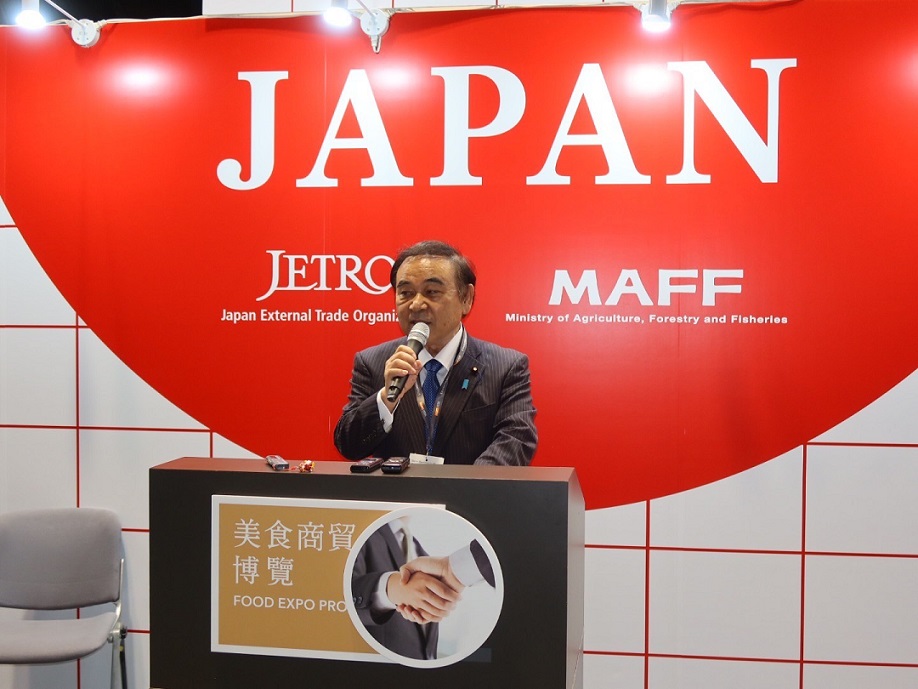
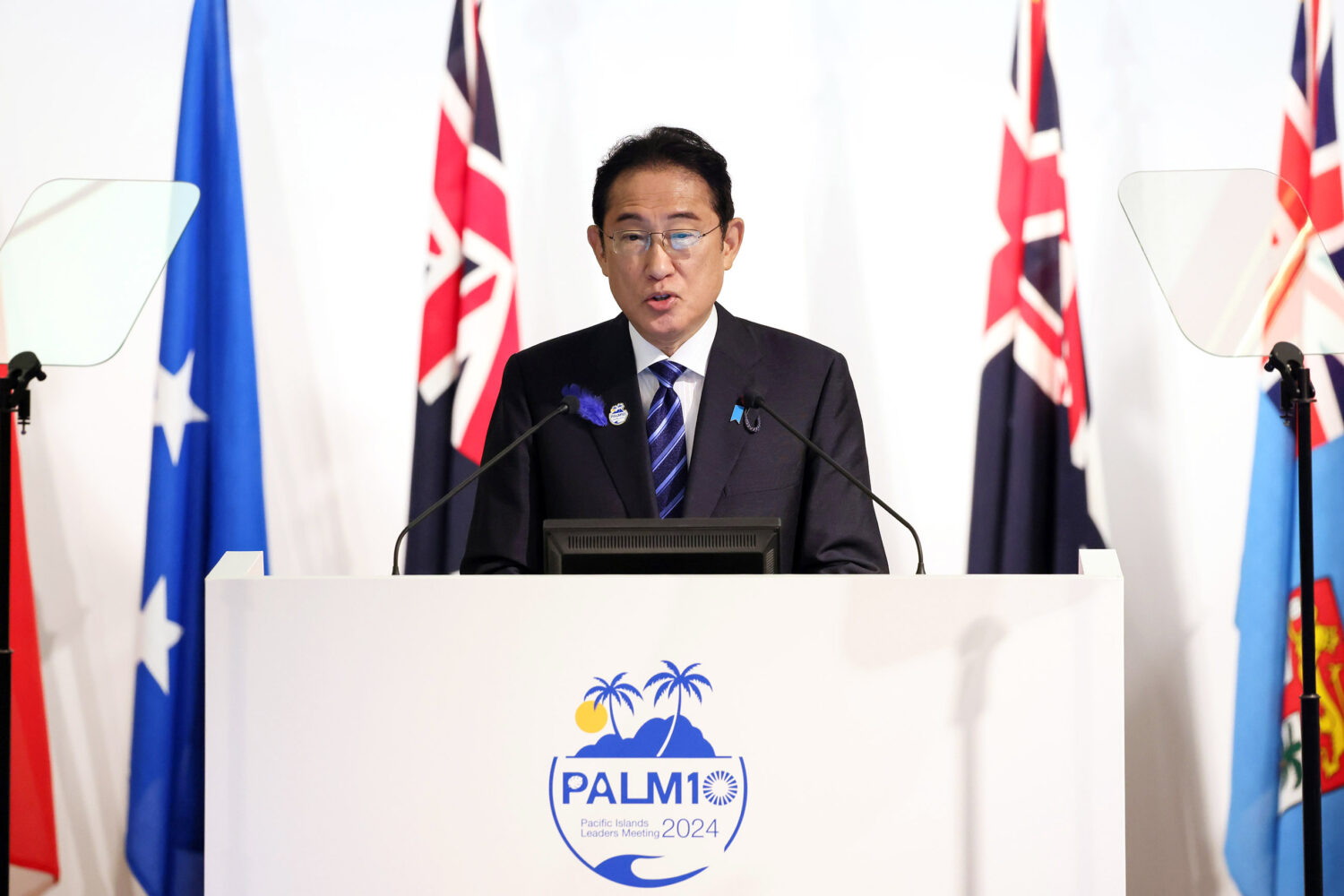

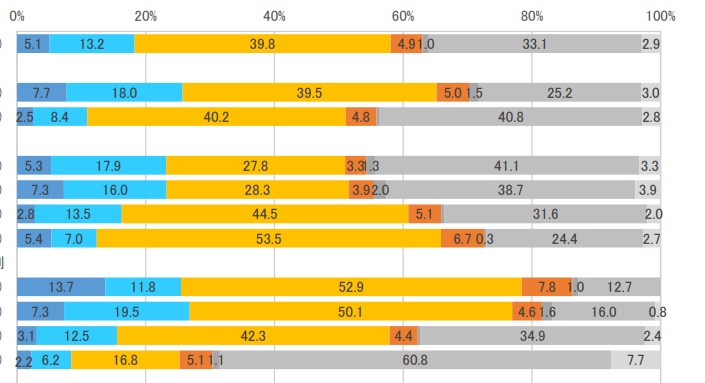
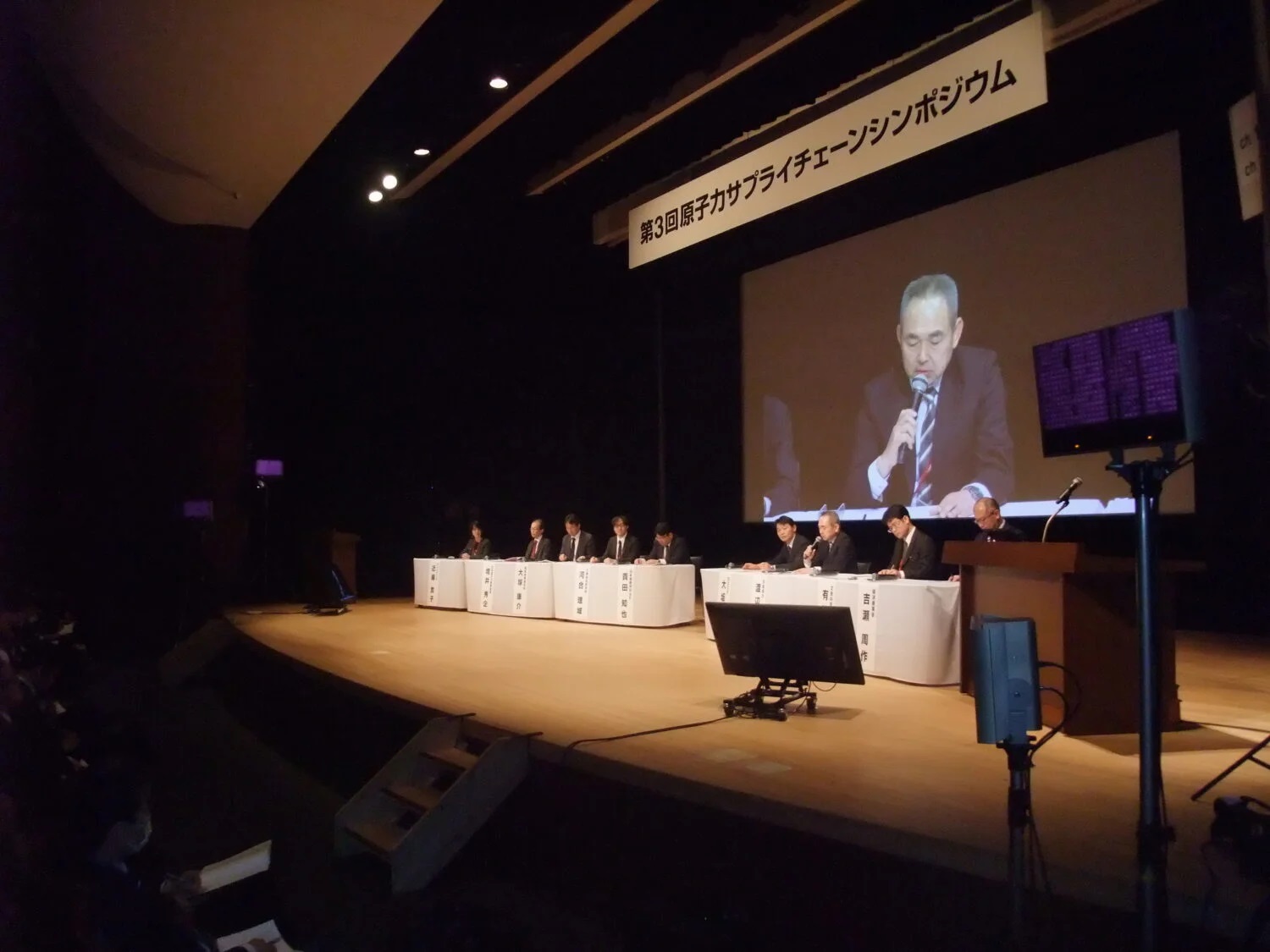
-1.png)
